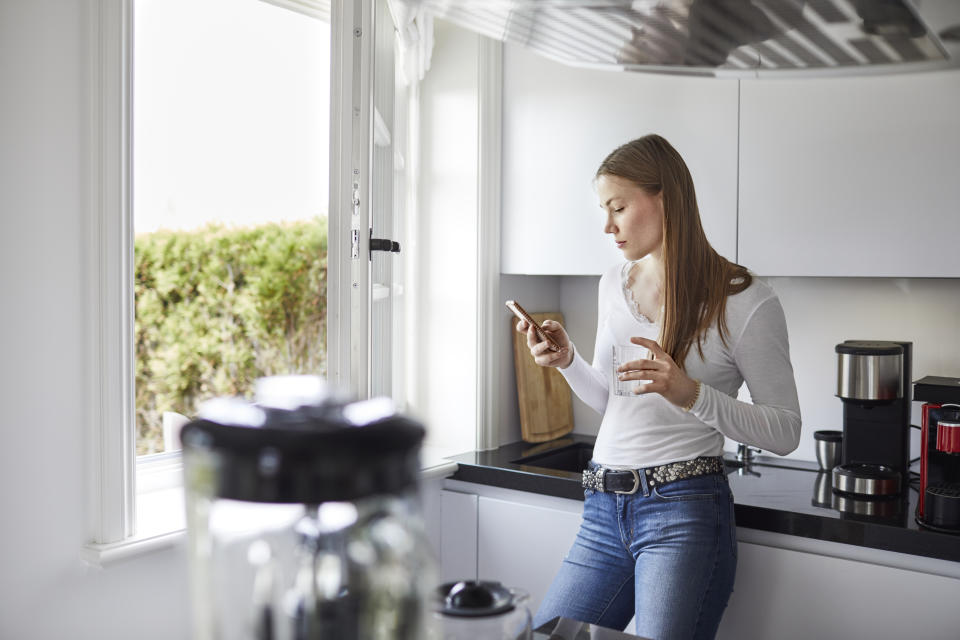Coronavirus: UK lockdown loneliness strikes women and younger workers most

Women and younger workers are the two groups most likely to have been adversely affected by feelings of loneliness while working remotely, according to a new study.
Half of women and nearly three-quarters (74%) of younger workers said they had felt lonely in lockdown according to research conducted by Totaljobs.
Social distancing, working from home and endless screen time has meant it is inevitable that experiences of loneliness will spike, the recruitment website said.
The poll of 2,000 UK workers found that almost half (46%) of UK workers have experienced loneliness and social isolation during lockdown.
More than half of workers agreed that the majority of their social interactions happened in the workplace. Employees are facing what Totaljobs calls a “social silence” when it comes to interactions with colleagues.
Totaljobs data show that the average number of people we interact with daily has halved (down 51%) since March. In a day at the office, we’d usually interact with about 17 people. Working from home, we’re lucky if we speak with eight – and only virtually.
READ MORE: What is 'job crafting' and how can it help during 2020?
Two-thirds (67%) of those polled say lockdown has reduced the variety of their daily social interactions.
In fact, workers have noticed a steep decline in the actual number of colleague interactions, with these halving on average during lockdown.
When asked about the impact that loneliness has had on their lives during lockdown, results have varied widely on how insidious the impact of social isolation can be.
Two-fifths of workers (41%) said it had a detrimental impact on their sleeping habits while a quarter (24%) said it affected their living arrangements.
Alongside this, 37% said it had an affect on their stress levels, and 33% said it had damaged their self-esteem. 30% said it had harmed their eating habits.
It advised these four ways you can support a lonely colleague:
1. Encourage them to talk: Start by talking about general wellbeing, and let people know they can talk to you if they need to.
2. Encourage them to seek support from the workplace: If someone feels like their workload is spiralling out of control, encourage them to discuss it with their manager or supervisor. If their manager doesn’t create the space for them to be able to talk about wellbeing, it can be difficult to start this dialogue. But if they get along with their manager and trust them, they could meet one to one.
3. Avoid making assumptions: Don’t try to guess what symptoms a co-worker might have and how these might affect their life or their ability to do their job. Many people can manage their condition and perform their role to a high standard.
4. Respect confidentiality: Remember, information about mental health is confidential and sensitive. If someone opens up to you, you should feel privileged. Don’t pass on information unnecessarily – not least because this breach of trust could harm someone’s mental health.

 Yahoo Finance
Yahoo Finance 